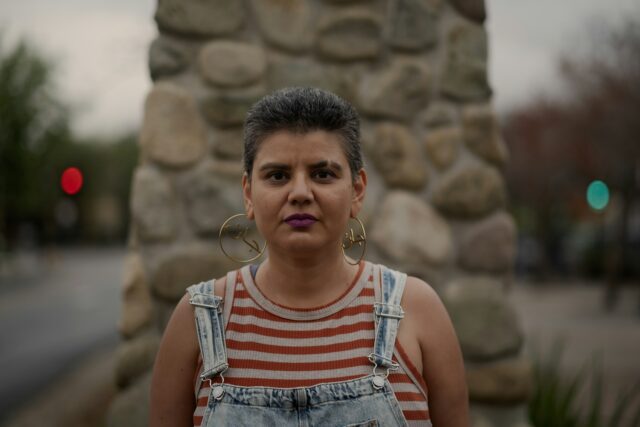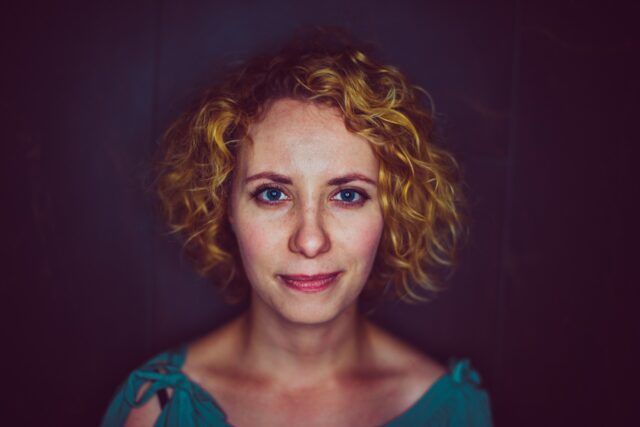Ever felt like your brain has a mind of its own? Like it’s constantly playing a broken record, stuck on repeat with worries and rituals?

If so, you might be one of the millions who experience Obsessive-Compulsive Disorder (OCD). It’s not just about being tidy or liking things a certain way; it’s a whole different ballgame. Here are a few things you’ll likely relate to if you have OCD. (And by the way, if you’re struggling, Mind UK has some great tips for self-care when your symptoms feel overwhelming. Don’t forget to seek professional help too!)
1. Your brain feels like a battlefield.

It’s a constant tug-of-war between your rational thoughts and intrusive obsessions. You know those worries are irrational, but they keep popping up, demanding your attention and causing immense anxiety. It’s like having a squatter in your mind who refuses to leave.
2. You have rituals, and they’re not always fun.

Checking the locks a hundred times, washing your hands until they’re raw, counting your steps, or arranging items in a specific order — these compulsions might provide temporary relief from the anxiety, but they can also consume your life. It’s a vicious cycle that’s hard to break free from.
3. “Just stop it” is the worst advice you could get.

If it were that easy, you wouldn’t be dealing with OCD. It’s not a matter of willpower or lack of self-control. These obsessions and compulsions are deeply ingrained, and it takes time, effort, and often professional help to manage them.
4. You’re a master at hiding your struggles.
 Source: Unsplash
Source: Unsplash You’ve become an expert at masking your OCD from the outside world. You smile and nod, pretending everything is fine, while internally, you’re battling a storm of anxiety. It’s exhausting, but you don’t want people to judge you or think you’re “crazy.”
5. Your anxiety can be triggered by the smallest things.
 Source: Unsplash
Source: Unsplash A misplaced item, a minor change in routine, or even a fleeting thought can send your anxiety spiralling out of control. It’s like your brain is on high alert, constantly scanning for potential threats and reacting with disproportionate fear.
6. You’re always prepared for the worst.
 Source: Unsplash
Source: Unsplash Your mind is a master at catastrophizing. You imagine all the worst-case scenarios, no matter how unlikely they may be. This constant worry can be exhausting and make it difficult to enjoy the present moment.
7. You crave certainty and control.
 Source: Unsplash
Source: Unsplash Uncertainty is your biggest enemy. You crave predictability and try to control every aspect of your life to avoid potential triggers and anxiety. But the irony is, the more you try to control things, the more out of control you feel when something inevitably goes wrong.
8. You feel guilty and ashamed.
 Source: Unsplash
Source: Unsplash You blame yourself for your OCD, feeling weak and inadequate for not being able to “just get over it.” This self-blame only adds to your anxiety and makes it even harder to seek help. But remember, OCD is a medical condition, not a character flaw.
9. You’re constantly seeking reassurance.
 Source: Unsplash
Source: Unsplash You ask the same questions over and over again, hoping for a different answer that will finally quell your anxiety. You need constant validation from other people that everything is okay, but even then, the doubt often creeps back in.
10. You feel trapped in your own mind.
 Source: Unsplash
Source: Unsplash OCD can feel like a prison, where your thoughts and compulsions dictate your actions and limit your freedom. You long to break free from this mental cage and live a life without constant worry and rituals.
11. You’re hyper-aware of germs and contamination.

Everything seems dirty and dangerous. You avoid touching doorknobs, using public restrooms, or shaking hands. You spend hours cleaning and disinfecting, yet the fear of contamination never truly goes away.
12. You have intrusive thoughts that you find disturbing.

These unwanted thoughts can be violent, sexual, or blasphemous. They’re often the opposite of your values and beliefs, which makes them even more distressing. You may fear that these thoughts mean you’re a bad person, but remember, they’re just thoughts, not reflections of your true character.
13. You have trouble letting go of things.

You may hoard items, even if they’re useless or broken because you fear that discarding them will have dire consequences. This can lead to cluttered homes and strained relationships with loved ones.
14. You’re more than just your OCD.

While OCD can be a significant part of your life, it doesn’t define you. You’re a complex individual with strengths, passions, and unique qualities. Don’t let OCD overshadow your identity. Remember, there’s hope for recovery and a life beyond the confines of this disorder.




